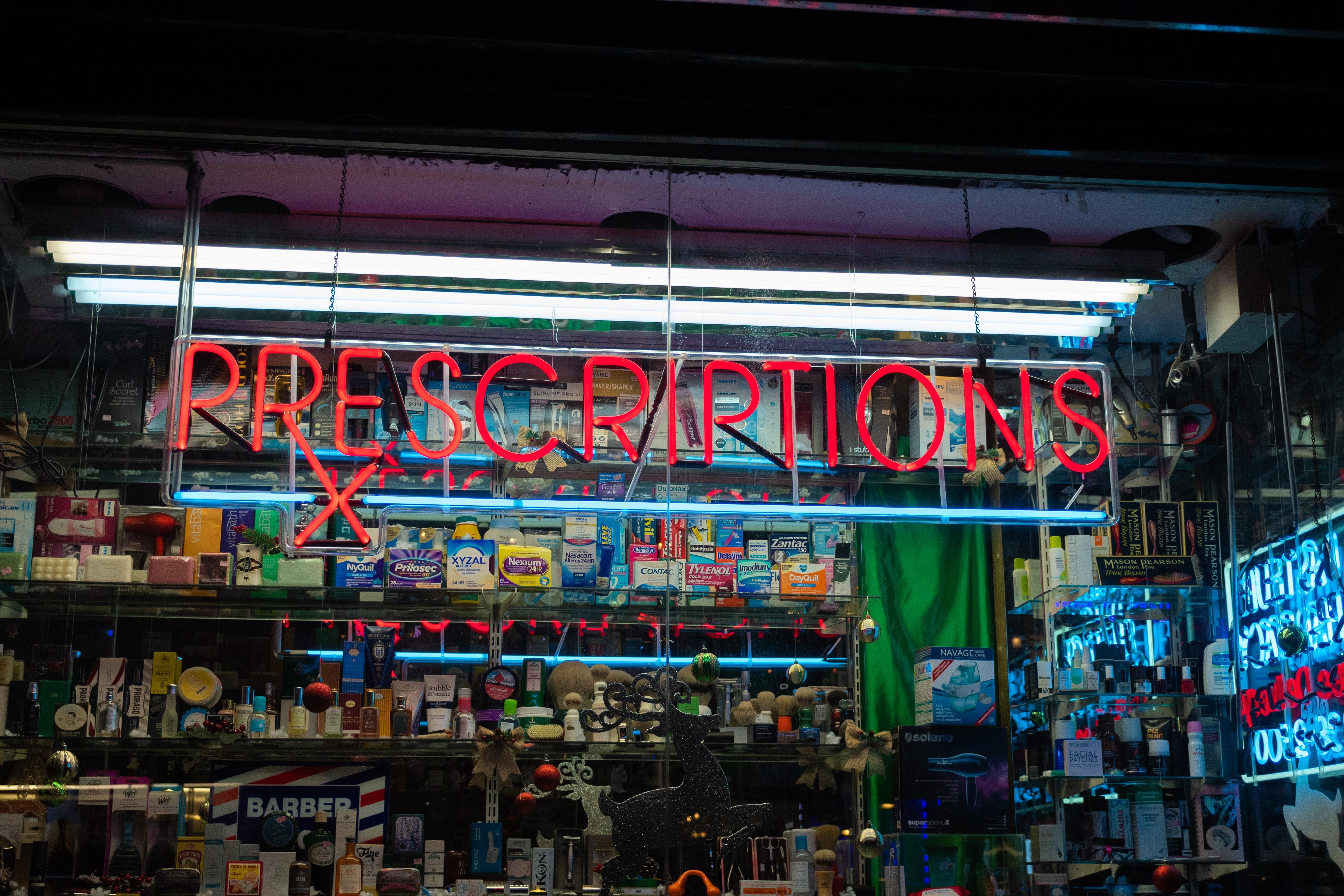A new report by the State Auditor’s office outlines practices by pharmacy benefit management companies that result in independent pharmacies being overcharged. PBMs are intermediaries between a pharmacy, insurance provider and drug manufacturer, and last year the state filed a suit against the company Centine leading to a $55.5 million settlement. State Auditor Shad White says these companies use hidden fees targeting pharmacies.
“They are often giving money or sending money to the pharmacist to reimburse them for the cost of drugs but then later coming back and clawing some of that money back, and then the pharmacist are really helpless at that point. They have to give the money back,” says White. “That as you can imagine is really hurting the pharmacist’s bottom line, but it’s also making their business model really volatile.”
White says more than 25% of pharmacists polled claimed their business was at risk of shutting down within three years due to charges by PBMs.
Pharmacists say they often file paperwork to get reimbursed for medicines, but will not hear back from PBMs until months later. Beau Cox, Executive Director of the Mississippi Pharmacists Association, says this makes annual financial planning difficult.
“These PBMs come down and say ‘This is what we’re going to pay you, you can take it or leave it.’ And either we take what they give us or we don’t service those patients that are on that particular insurance plan” says Cox. “Not only are they increasing the cost of the healthcare system, they’re keeping patients from being able to choose their pharmacy realistically and that is excluding these independent pharmacies who really don’t have a say-so.”
Cox and Auditor Shad White agree that the state will have to address many of these issues through the legislative process.




